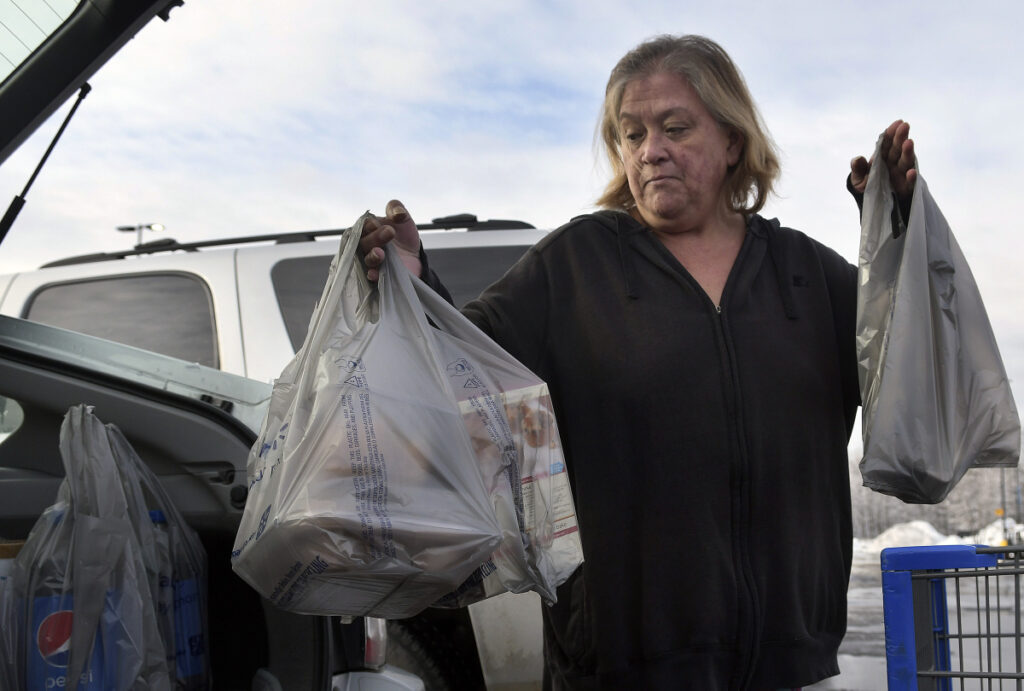When confronting large, seemingly insurmountable issues, one aspect of the debate is how to approach these problems. Should we start small and work our way up, or do we go right to the top to have the greatest impact?
Global warming is just such a problem. Bill McKibben, still the best popular writer on the subject, says that we’re in a war with greenhouse gas pollution — and that we’re losing. Note that this is not “the moral equivalent of war,” but war itself, and he’s right.
The existential crisis caused by our mammoth fossil fuel burning, which threatens the very existence of our species, means we can’t choose between local or global alternatives. We must attack on all fronts.
After the decisive election of 2018, it’s clear we’ll be dealing with the problem at the state level and, in two years, we may achieve a similar transformation of federal policy. Global warming denial is in eclipse, and may soon be reduced to a rump faction.
What about local decisions? There is plenty to do, and one possibility — limiting plastic bags — has been slowly spreading among Maine’s towns and cities, with 19 thus far passing ordinances.
Waterville apparently enacted a plastic bag ban last November, but the vote was challenged because the city’s registration methods didn’t sufficiently identify the residency of many Colby College students who’d moved downtown. The state Supreme Judicial Court has the case, but it’s difficult to credit the idea the court will effectively disenfranchise voters whose qualifications are not in any doubt.
So the Waterville ban may take effect; in Kennebec County, Manchester’s already has. Augusta appears to be next.
Ward 1 Councilor Linda Conti is bringing a proposal before the City Council, much to the apparent dismay of her fellow councilors. While it’s true most elected officials try to avoid “tough votes” that might bother some constituents, they won’t long be able to avoid this one.
Two councilors, Harold Elliott and Kevin Judkins, essentially denied that plastic bags —made largely from petroleum — are a public issue. Elliott said, “It’s more than just plastic bags, and we’re not the only culprits in the world . . . It’s our responsibility to take care of these bags ourselves.”
He contends that bag recycling is enough, but it’s not. It’s the production of plastic that creates greenhouse gases, and because it affects our daily lives, it’s a sensible place to start.
Two other councilors, Eric Lind and Mark O’Brien, ducked, saying voters should decide the issue. But plenty of councils elsewhere in Maine have voted on ordinances, and it isn’t clear why the state’s capital city doesn’t possess the same ability.
Councilor Marci Alexander wouldn’t state a preference, but pointed out that there didn’t appear to be majority support, so why bother? Two others, Jennifer Day and Corey Wilson, were absent.
When the issue returns, possibly as early as tonight’s council informational meeting, councilors need to do better – to take the issue as seriously as their constituents do, and decide what an ordinance might look like.
Towns and cities have taken two approaches: banning bags entirely, as 13 have done, or charging a five cent fee at the point of sale. Conti prefers the fee, and it seems the better policy, for two reasons.
One is that banning plastic doesn’t do much to cut down on needless proliferation of single-use bags, which all take energy, and likely fossil fuels, to produce. Many of us have become accustomed to reusable grocery store bags, and there’s no reason they couldn’t serve for all shopping.
The second reason is that bans are sometimes resented, then rolled back. That’s the “consumer choice” argument Councilor Elliott is making.
Maine provides an example. Expanded “bottle bill” legislation enacted in 1989 also effectively banned plastic bags from most stores, with paper the alternative. Within a few years, those provisions were gone while the bottle deposits stayed; too many customers didn’t like the plastic ban.
Charging a fee carries the message that consumer choice carries a cost — to the individual, the community and the environment. It’s more in accord with the way Mainers usually do things, regulating only as much as necessary to reach the goal.
Global warming, which is real, verifiable and worldwide, will require sustained action over at least the next generation to give our descendants a fighting chance. It will require sacrifices we’re not used to making, on a scale not seen since World War II — but which continued human life on the planet now demands.
Taking local action has a moral as well as a practical dimension. Let’s hope the Augusta City Council is ready to do its part.
Douglas Rooks has been a Maine editor, opinion writer and author for 34 years. His latest book is “Rise, Decline and Renewal: The Democratic Party in Maine,” and he welcomes comment at: drooks@tds.net
Send questions/comments to the editors.


